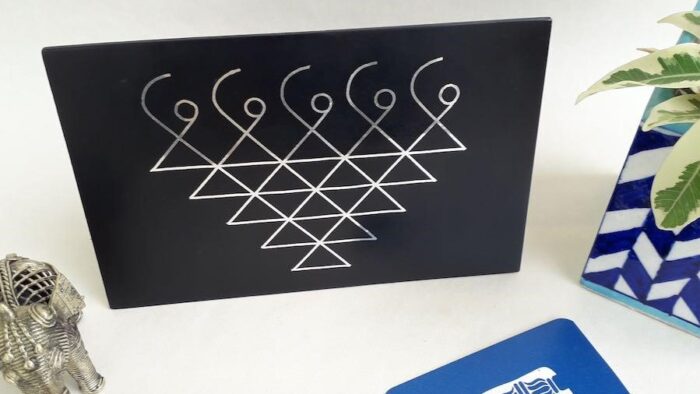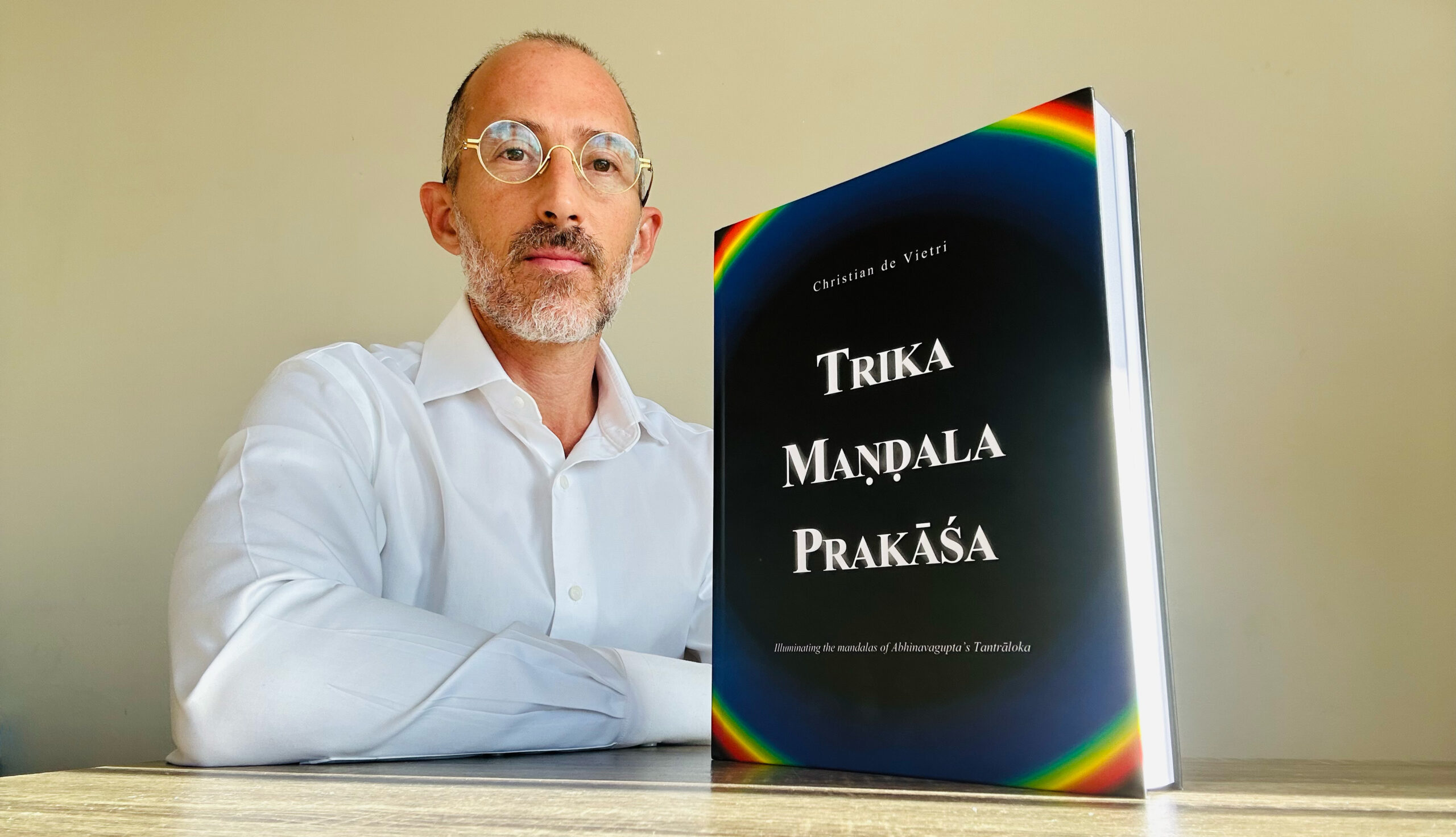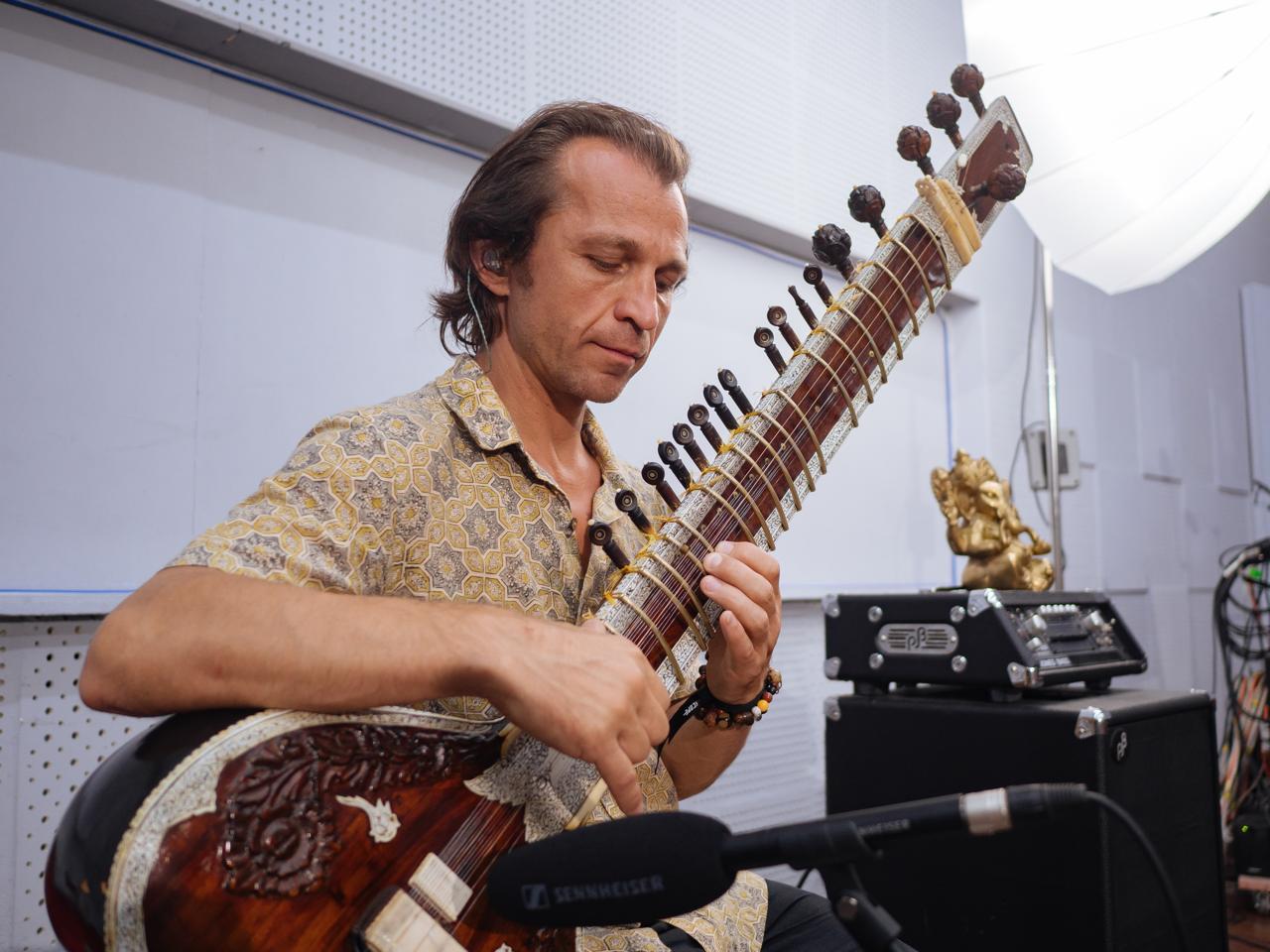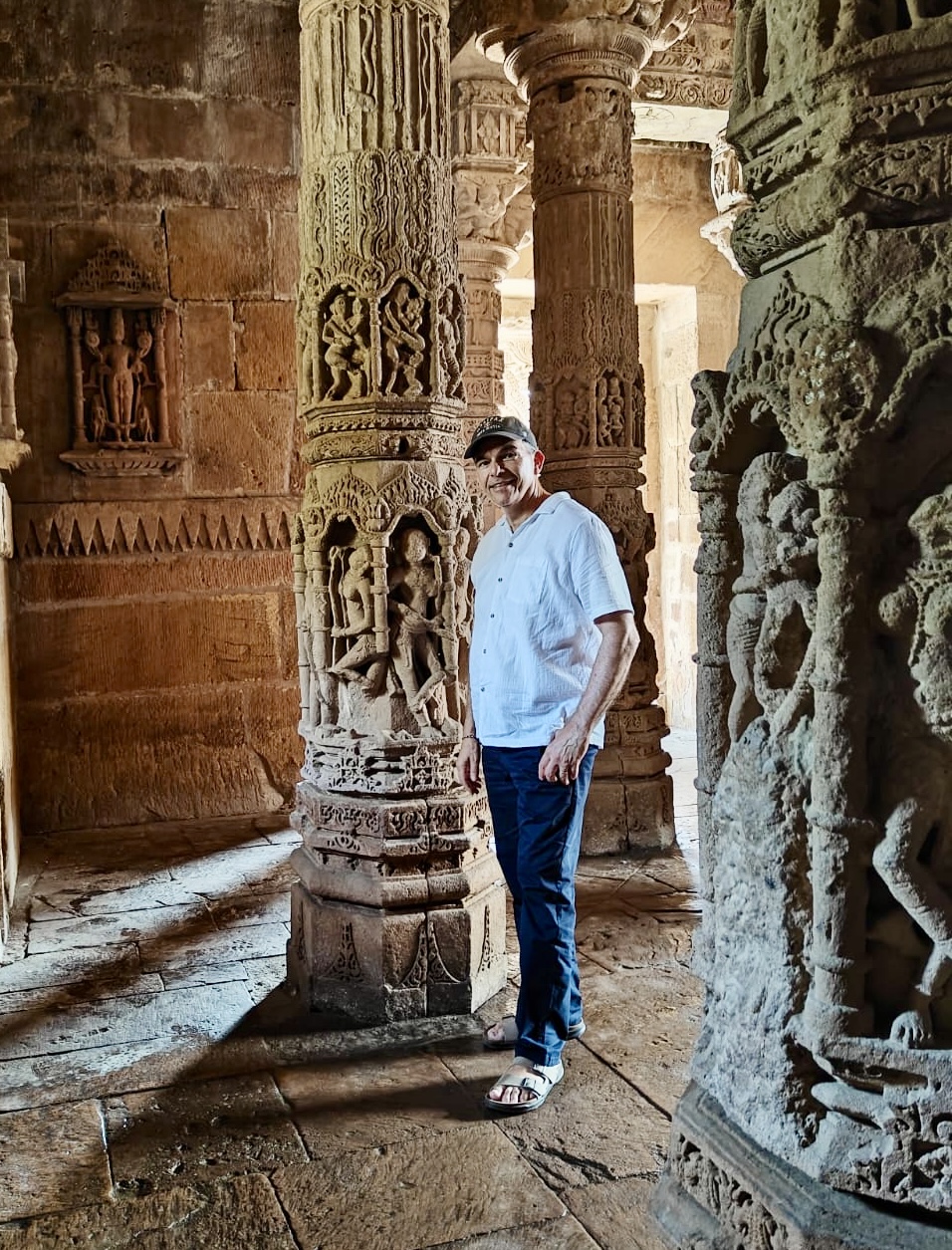Having worked in the IT sector for many years and subsequently launching many startups of his own in organic food, culinary history and military tourism, Sunil Jalihal felt the need to “do something ‘real’ and ‘impactful’ that would help create jobs and help artisans get back their livelihoods and pride!
In this conversation with CSP, Sunil speaks of his personal interest and the global relevance of Indian arts and crafts. His initiative, Indic Inspirations, is an outcome of this and a step towards increasing the livelihoods of many artisans.
Why is there a need to narrate stories of Indian culture and heritage? How powerful are products in conveying this message?
Our country is a treasure house of stories – many of which have been around and handed down for centuries. Much of the developed world is known by the range and quality of the products that they conceptualise and manufacture. India too was known for its products centuries ago and for the many deep concepts it created!
Products are symbols – that get treasured based on the stories that they narrate and the owner can narrate to his social circles! India has tons of stories and arts and crafts – but we don’t have quality products that can be great souvenirs of places and concepts – of India’s culture, traditions, heritage and achievements.
Our arts and crafts – 3000+ of them lend themselves well to many requirements of home décor – metal crafts, pottery, folk paintings, masks & wall hangings, tableware, and many more. They all are made from sustainable materials and eco-friendly processes and have great stories. Many designers and our artisans now make many products that retain these traditions, yet built to modern utility and sensibilities.

What were the inspirations behind collections of Shunya, Mantras and Yantras, or Raavan that are very authentically Indian?
Many of India’s stories have been around for millennia mainly through oral traditions! In today’s world, products have replaced the spoken word! Products speak for a story and culture, country. People want usable products or products that are memories of a place or event! And they are willing to pay for them – which creates jobs and enthuses artisans as they get patrons!
India’s concepts of Astronomy, Mathematics, Time, Human Body, Spirituality have been very rich, yet not conveyed appropriately in the modern context. Contemporary products with the right design and quality! Shunya - its philosophy and the number has been one of India’s biggest gifts to mankind, and has been the harbinger of human scientific progress! This story needs to be told in the form of products and souvenirs, keepsakes! Our Yantras are beautiful scientific, geometric patterns with deep meanings and inspirational design symbols! Mantras are deep in meaning and part of the daily lives of Indians in many ways.
Ravana’s is such a great story – the villain we love to hate, but an exceptional multi-talented one! The idea was to present Ravana’s 10 heads as a dart board – aim for the heads and the 4 Vedas and 6 Shastras that they represent or the vices that they represent – anger, jealousy, etc. And what better way to do an eco-friendly Ramlila, sparing the burning of the effigy! Get together with friends and have fun taking aim!
What are some of the consumer trends that have led to increasing demand for Indian culture-inspired products and services?
As millennials have become consumers and they move away from “plastic” brands to products that are not dumbed down and have more meaning – our art forms have a big future! People are looking for alternatives, they want to help our artisans!
Pride in ourselves is coming back and so is the nationalist fervour, especially amongst the Indian diaspora, as there is a renewed interest in our traditions and culture, presented in the modern context. Moreover, there are lots of new opportunities as our middle class grows bigger and we start (re)making products that were being Made in China for the last couple of decades!
Ease of buying online for consumers and logistics support of shipment to remote corners of the globe for artisans helps as well! It’s easy to get your childhood toy ordered and delivered with a click of a button, now!
Climate Change makes sustainability a big need in products, and our arts and crafts are that, by definition and tradition!

In your view, how can cultural industries amplify India’s soft power? What more can be done in this space?
Cultural industries have already played a big role in India’s soft power – Indian arts & crafts, film industry, Yoga, our prowess in Maths & Information Technology, our now global management skills and our tapestry of communities and traditions is our soft power!
We can do much more though – through being proud of them and living our traditions, first! Each one of us can be our culture’s proud ambassadors!
Many more products, events and stories rendered in contemporary forms are required – we need to be more culturally proud and aggressive, International Yoga Day is good, but not sufficient! More ideas, good packaging, great quality and whole product experience will grow this market – and service the 15M+ Foreign Tourist Arrivals and 400M+ domestic tourists buy better products!





